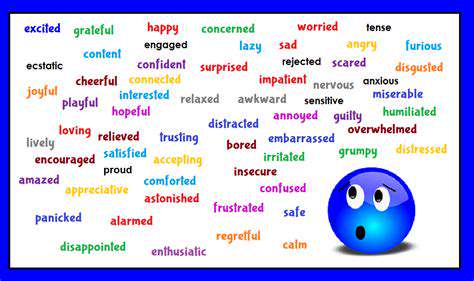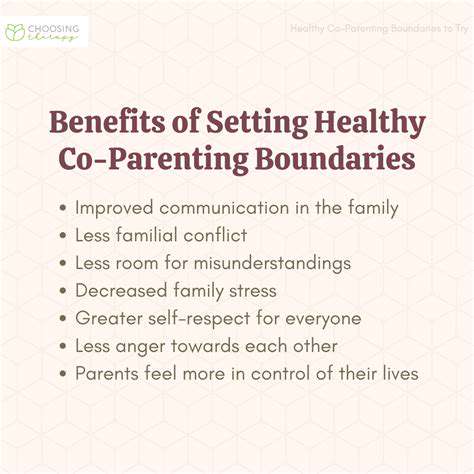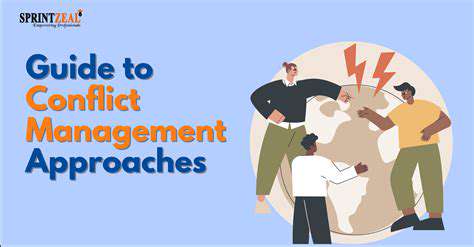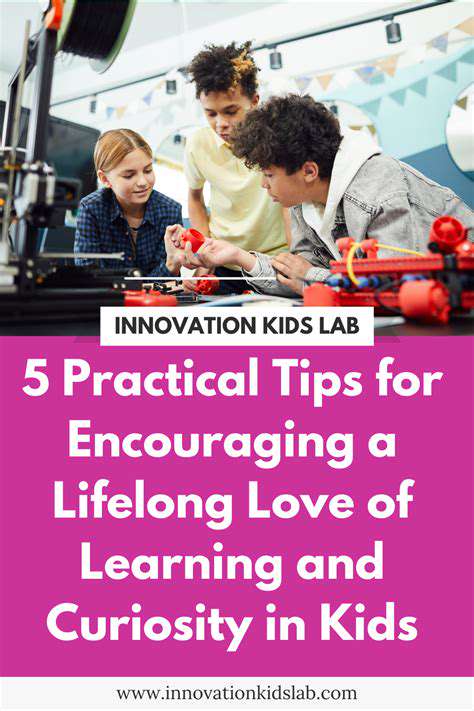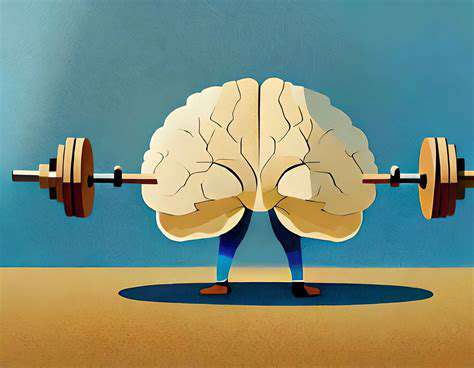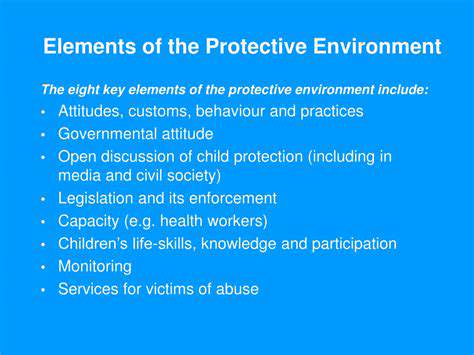Encouraging Independent Thinking in Children
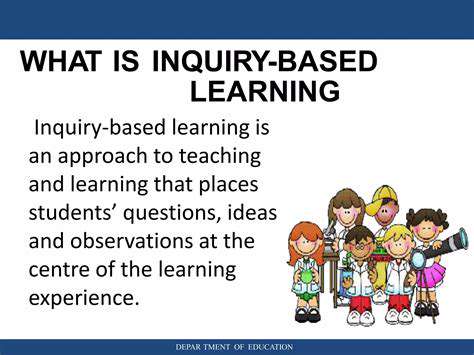
Questioning and Discussion: The Power of Dialogue
Unleashing Critical Thinking Through Questions
Questioning is the cornerstone of independent thinking. It's not simply about finding answers, but about actively seeking out diverse perspectives, challenging assumptions, and exploring the nuances of any given topic. By posing thoughtful questions, we invite deeper consideration and promote a more thorough understanding of the subject matter. This process of questioning fosters critical thinking skills, which are essential for navigating the complexities of the modern world and forming well-reasoned opinions.
Encouraging open-ended questions, rather than simply seeking factual responses, is crucial. Questions that probe deeper, such as Why do you think that?, What are the potential consequences?, or Are there other ways to approach this?, stimulate intellectual curiosity and encourage exploration beyond surface-level understanding. Cultivating a culture of questioning in any environment, whether in a classroom, a workplace, or a personal conversation, fosters a more dynamic and enriching experience for everyone involved.
The Importance of Open Dialogue
Open dialogue is a vital component of independent thinking. It allows for the exchange of ideas, the exploration of diverse viewpoints, and the identification of potential biases. By actively listening to and engaging with others' perspectives, we gain a broader understanding of the complexities surrounding any issue. This process of exchanging ideas fosters intellectual humility, recognizing that one's own perspective may not always be the correct or complete one.
Creating a safe space for open discussion is paramount. Participants must feel comfortable expressing their thoughts and opinions without fear of judgment or ridicule. This necessitates active listening, empathy, and a willingness to understand different viewpoints, even if they differ significantly from one's own. Open dialogue, therefore, isn't just about expressing opinions; it's about actively seeking to understand and learn from those with differing perspectives.
Exploring Diverse Perspectives
Independent thinking thrives on the exploration of diverse perspectives. Exposure to different viewpoints challenges our assumptions and preconceived notions, forcing us to consider the validity of our own beliefs. By engaging with a range of ideas, we develop a more nuanced and comprehensive understanding of the world around us.
This includes actively seeking out perspectives that differ from our own. Reading diverse viewpoints, engaging in conversations with people from different backgrounds, and exposing ourselves to different cultures can significantly broaden our understanding and encourage independent thought. This process of considering multiple perspectives is essential for making well-informed decisions and forming our own, thoughtful opinions.
Facilitating Meaningful Discussion
Meaningful discussions are more than just a collection of opinions. They require a structured approach that promotes thoughtful consideration and critical analysis. This involves clearly defining the topic of discussion, encouraging participants to present well-reasoned arguments, and providing opportunities for constructive feedback.
Encouraging Critical Self-Reflection
Independent thinking is not just about absorbing information from others; it's also about critically examining our own beliefs and assumptions. Self-reflection allows us to identify potential biases, recognize our limitations, and continuously refine our understanding. By questioning our own perspectives, we can cultivate a more accurate and comprehensive view of the world, ultimately leading to more effective and thoughtful decision-making.
Regularly engaging in self-reflection helps us identify areas where we might be lacking in understanding or where our assumptions might be flawed. This ongoing process of self-assessment is crucial for fostering continuous growth and development of independent thought.
